Let us say that you go to borrow from your neighbour some cooking oil to cook a dish. Does it happen often that instead of giving you the small amount you ask for, the neighbour gives you a much larger quantity? Or, if a man goes to a colleague to borrow some special glue to repair something, does he expect to be given an extra tube on top of the one already started? This is rare among us people. We hope for help but not often do we meet with outstanding generosity.
I said it is like this “among us people”, but with God things are different. Today the 1st reading and the gospel are similar in giving us a good example of how generous God is with us. Through Elisha God says: “They will eat and have some left over.” And the same thing happened at the time of Jesus. We see Jesus concerned about people having nothing to eat.
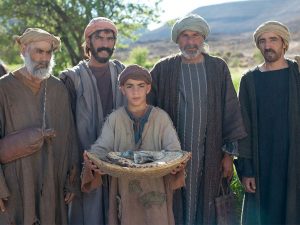
He asks one of the apostles where to buy bread but he is testing Philip who replies: “Five loaves and two fishes, what is that between so many?” Jesus took them, said the blessing and “gave them out to all who were sitting ready, giving out as much as was wanted.” With this huge crowd, we would think it enough if each got a piece of bread. But God’s way is the generous way. They all ate as much as they wanted!
Look at God’s generosity in nature: we sow a few seeds and get bags of cereals. Look at the fruit trees heavily-laden with juicy and sweet fruits. God does not know how to count! God does not know how to measure. Or rather, he counts and he measures according to his love which is without measure. God gives and gives, always beyond our hopes and above our expectations. He gives us more health, more healing, more strength and more help. He blesses us with more joy and happiness, more success and good fortune. He grants us more peace and more security. All those good things we long for, he gives them “as much as is wanted.”
As you read this, you may have doubts thinking of the prayers you made in the past and you say: ‘I asked God for that and he did not give me more of it, in fact he did not give it to me at all!’ This is possible, God does not give us always what we ask for. But have you found out what other gift – perhaps much greater – he gave you instead? A gift more precious than you could have dared to ask for. Think about it…
We heard in the gospel: “Jesus knew exactly what he was going to do.”He could have worked the miracle without asking for anything but he wanted to use the loaves and fishes from the small boy. God wants us to do our share, he wants us to work with him. At times, we ask God for this and that but we, ourselves, do nothing to make our desires come about. He is still ready to work miracles but he wants our efforts at pleasing him and turning to him in prayer. He needs that little something that comes from us.
Source: Image: Free Bible Images
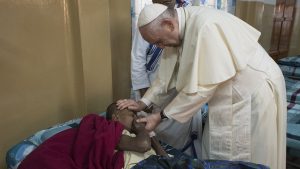 Earlier this year, the Vatican published Pope Francis’ message for the 32nd World Day of the Sick, celebrated each year on February 11. The Holy Father’s message for this year is entitled: “It is not good that man should be alone” – Caring for the sick by caring for relationships. Echoing the Holy Father’s message, the Canadian Conference of Catholic Bishops (CCCB) renews its commitment to prayer and accompaniment of the sick. Pope Francis reminds us of the fundamental importance of human relationships in the process of healing and comforting the sick.
Earlier this year, the Vatican published Pope Francis’ message for the 32nd World Day of the Sick, celebrated each year on February 11. The Holy Father’s message for this year is entitled: “It is not good that man should be alone” – Caring for the sick by caring for relationships. Echoing the Holy Father’s message, the Canadian Conference of Catholic Bishops (CCCB) renews its commitment to prayer and accompaniment of the sick. Pope Francis reminds us of the fundamental importance of human relationships in the process of healing and comforting the sick.
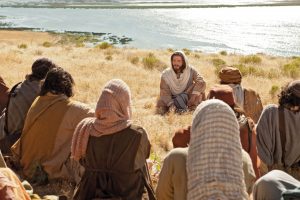
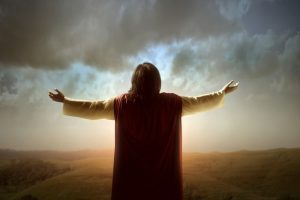
 The question of the apostles to Jesus in today’s gospel (Jn.9:1-41)
The question of the apostles to Jesus in today’s gospel (Jn.9:1-41)

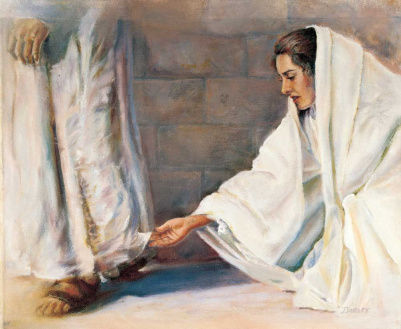

 The tireless efforts of nurses all over the world are celebrated every year on May 12, the anniversary of Florence Nightingale’s birth in 1820.
The tireless efforts of nurses all over the world are celebrated every year on May 12, the anniversary of Florence Nightingale’s birth in 1820.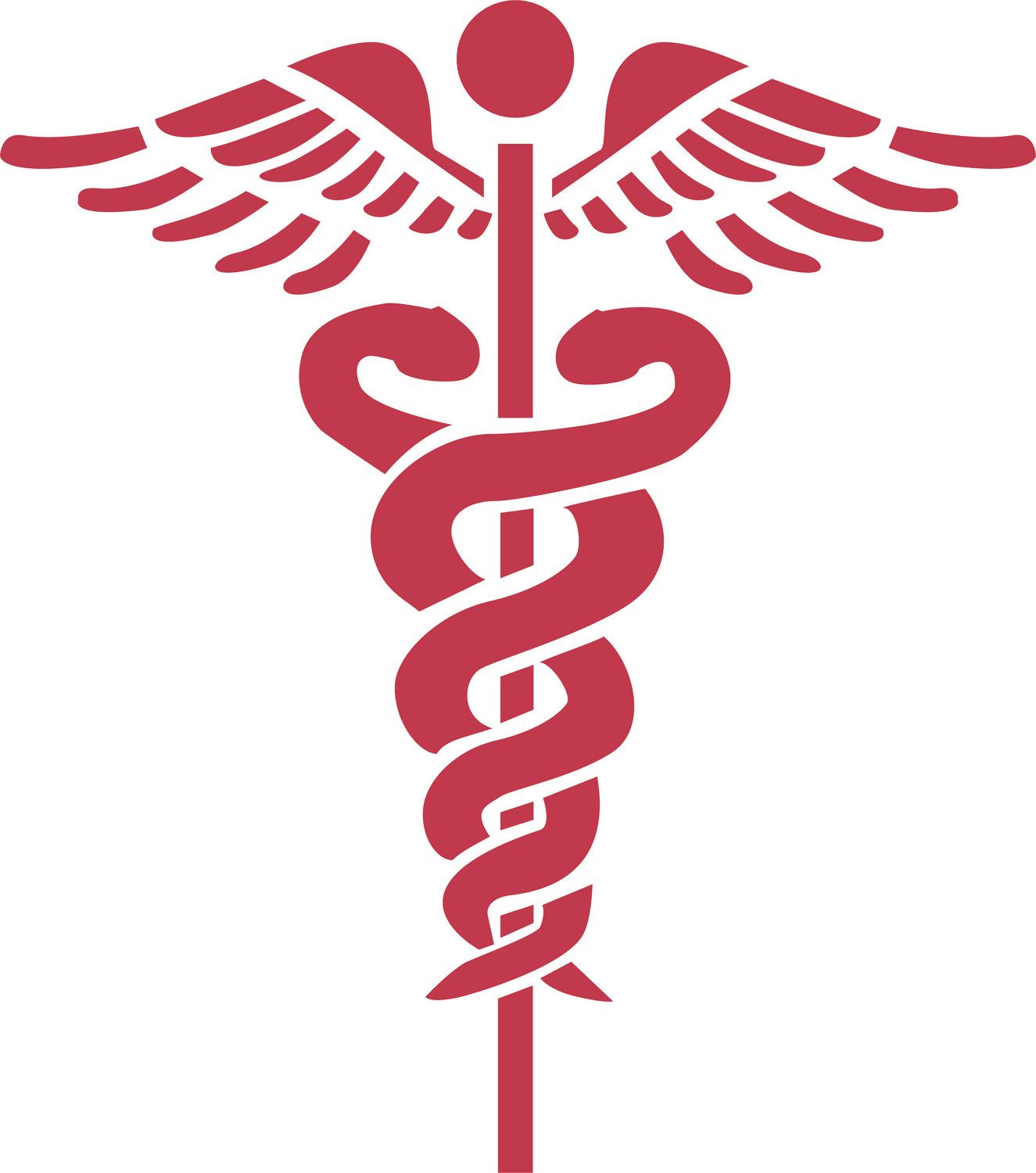 Symbols
Symbols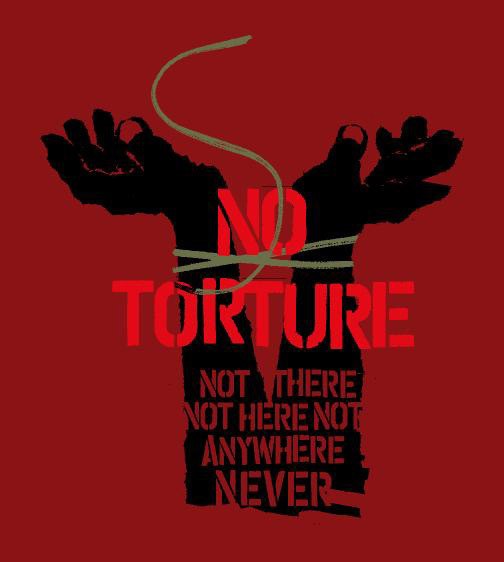 Torture seeks to annihilate the victim’s personality and denies the inherent dignity of the human being. Despite the absolute prohibition of torture under international law, torture persist in all regions of the world. Concerns about protecting national security and borders are increasingly used to allow torture and other forms of cruel, degrading and inhuman treatment. Its pervasive consequences often go beyond the isolated act on an individual; and can be transmitted through generations and lead to cycles of violence.
Torture seeks to annihilate the victim’s personality and denies the inherent dignity of the human being. Despite the absolute prohibition of torture under international law, torture persist in all regions of the world. Concerns about protecting national security and borders are increasingly used to allow torture and other forms of cruel, degrading and inhuman treatment. Its pervasive consequences often go beyond the isolated act on an individual; and can be transmitted through generations and lead to cycles of violence.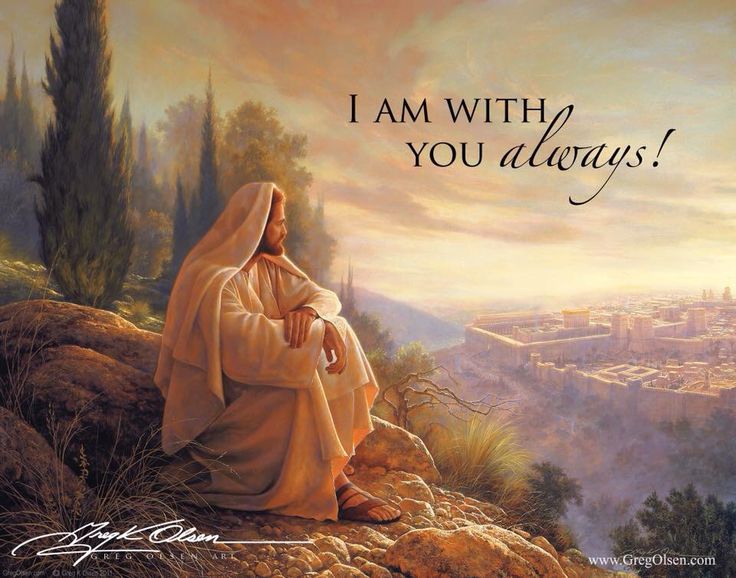
 “The sun of righteousness will shine with healing in its rays.”
“The sun of righteousness will shine with healing in its rays.”